What is one supposed to do when they’re getting married, celebrating a new child, or marking the passing of a loved one but do not share traditional religious beliefs? In the past these events have been hosted at places of religious worship and presided over by a religious leader. Thankfully, today, there are options for the non-religious, interfaith, or casually religious who want an alternative. That’s where Humanist Celebrants come in.
In this article, the fifth and final in my series An Introduction to Humanism, I’ll be tackling the question, “What is a Humanist Celebrant?” by providing a general definition as well as specific details shared by Humanist Celebrants working across the United States.
What is a Humanist Celebrant?
A Humanist Celebrant is a professional who specializes in conducting non-religious ceremonies that mark significant life events, such as weddings, funerals, coming of age, and naming ceremonies. They create personalized and meaningful ceremonies that reflect the values, beliefs, and wishes of the individuals involved. Humanist Celebrants emphasize the importance of human connection, reason, and compassion, and strive to create inclusive and respectful ceremonies that celebrate and honor the lives and relationships of those involved.
Why is the Role of Humanist Celebrant Important?
The role of a Humanist Celebrant is crucial as they play a significant part in creating meaningful and personalized ceremonies that honor and celebrate life’s milestones. With a focus on human values, ethics, and individual beliefs, humanist celebrants provide a non-religious alternative for celebrating important occasions. By tailoring ceremonies to reflect the unique experiences and values of those involved, Humanist Celebrants contribute to fostering a sense of belonging, connection, and shared understanding within diverse communities.
Who can Become a Humanist Celebrant?
Anyone who is passionate about promoting humanist values and wishes to officiate meaningful ceremonies can become a Humanist Celebrant. The requirements typically include completing a training program, demonstrating a deep understanding of humanist principles, and possessing excellent communication and interpersonal skills. Humanist Celebrants play a vital role in crafting and conducting ceremonies that reflect the beliefs and values of individuals, couples, and families who want to celebrate their love, life, and milestones in a non-religious and inclusive way.
If you’re interested in becoming a Humanist Celebrant, I recommend checking out the requirements and application process outlined by the American Humanist Association (of which the Humanist Society is a part).
Humanist Celebrancy in Action
So what does Humanist Celebrancy look like in practice? I’ve surveyed some Humanist Celebrants from around the United States so that they can describe what it is they do, and why, in their own words.
Nathan B. Weller (Me), Humanist Celebrant – Seattle, WA
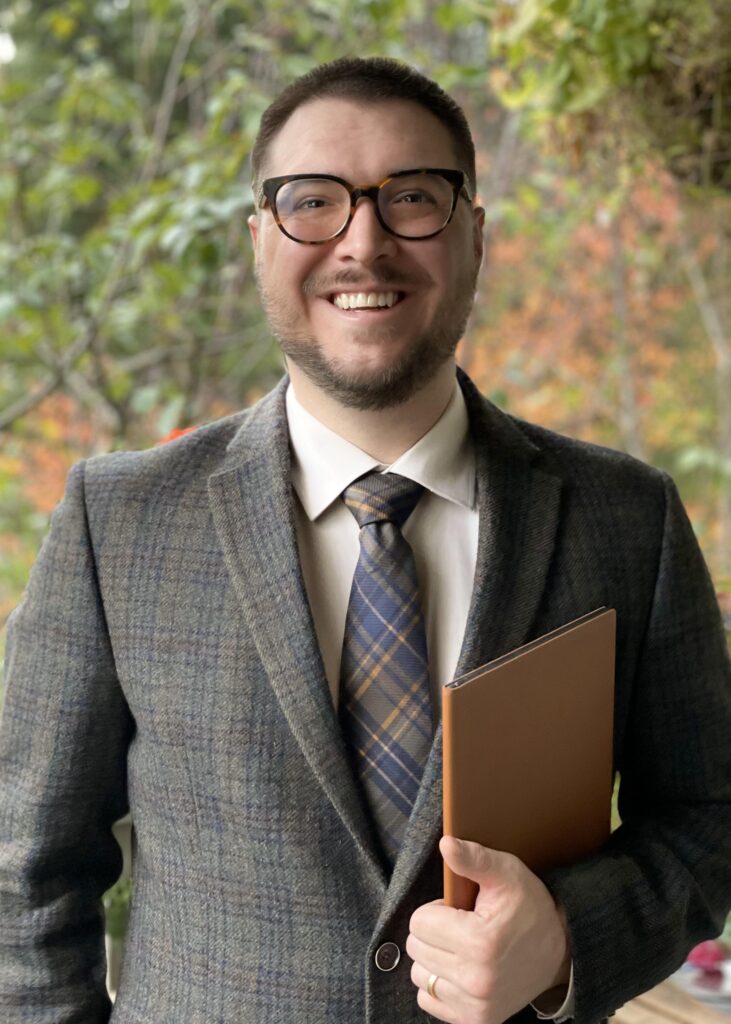
I am a Humanist Celebrant operating in the Seattle Metropolitan Area out of the suburb of Issaquah, where I live. I also provide celebrant services virtually in some circumstances. I write and conduct a wide variety of non-religious ceremonies including weddings, funerals, baby naming, and adoption among others. My primary objective as a celebrant is to provide a secular option to non-religious individuals who want to celebrate and mark the important milestones in their life in a meaningful way.
After graduating high school I went straight into full-time ministry. At the time I was a devout evangelical Christian. I served in the media production arm of a popular international youth ministry for two years. During this period, I became serious about understanding the teachings and history of my faith. Ironically, it was this process that lead to my deconversion. The more I learned, the less I believed in or related to the faith I had dedicated my life to.
I was devastated. As my doubts grew my faith waned. Slowly, against my will, I found I could no longer claim to believe in God or the legitimacy of the Bible. Eventually, I left the faith and, as a result, the career path I had been pursuing my entire life.
Suddenly, I was alienated from my family, friends, and community. I’d never felt more alone in my life. It would be years before I found a new community and friends who shared my newly realized values. Eventually, I found them in my local humanist community and began a new journey of local community building based on humanism. This journey has culminated in my decision to become a Humanist Celebrant.
Why I’m a Humanist Celebrant
I became a Humanist Celebrant because I understand the loneliness and alienation a non-religious person can experience in a culture dominated by faith. These feelings can be greatly magnified on special occasions where religious institutions have a near-monopoly on ceremonies and the venues where they take place. By serving my community in a ceremonial capacity I hope to be a source of acceptance and support at crucial moments in people’s lives. I want to help people express their authentic selves and the values that make them who they are.
Kim Newton, Humanist Celebrant – Harrisonburg, VA
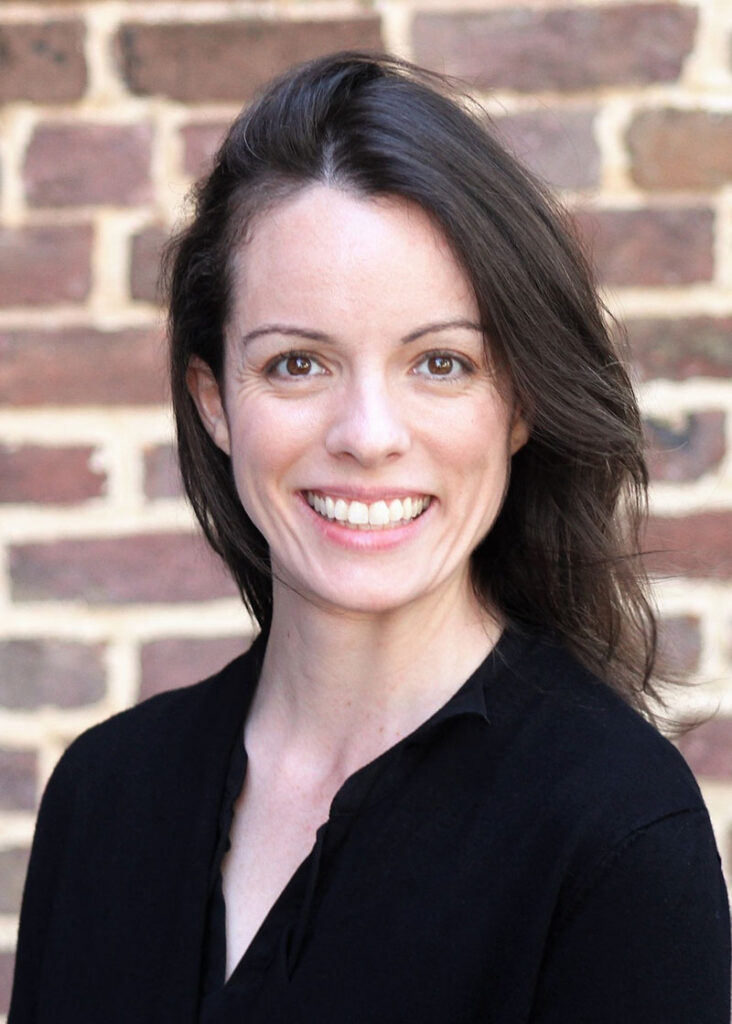
Kim is a Humanist Celebrant working in Harrisonburg, Virginia. She diligently serves members of the local humanist community as well as any individual, couple, or family seeking celebrant services. For weddings, Kim collaborates with couples to craft personalized and significant ceremonies that echo their values and mutual commitments.
As a Humanist Celebrant, Kim holds a deep sense of responsibility in ethically assisting other Humanists and interfaith families, always striving to uphold the core principles of Humanism. Her hope is that through her work more people will feel a sense of connection and belonging.
Kim recently embarked on a new journey, as a patient care hospice volunteer and plans to extend her services as an End-of-Life doula in the near future. She firmly believes that Humanists need and deserve celebrant services for all of life’s significant milestones, from birth to death.
Simultaneously, Kim is devoted to expanding her consulting and publishing practice. She is particularly thrilled about starting work on her second children’s book. Her debut book, Goodbye Sister: A Sibling’s Book for Infant Loss, stands out as one of the few secular, evidence-based books designed for children who have endured the loss of an infant sibling.
Why Kim is a Humanist Celebrant
I decided to become a Humanist Celebrant after serving several Humanist organizations and experiencing the lack of comprehensive community support that Humanists receive compared to those who are connected with religious communities. My background as a theatre director, actor, and writer combined with my deeply held values as a Humanist led me to want to serve as a celebrant and officiant.
Kim Newton
Humanist Celebrant
Harrisonburg, VA
Brad King, Humanist Celebrant – Muncie, IN
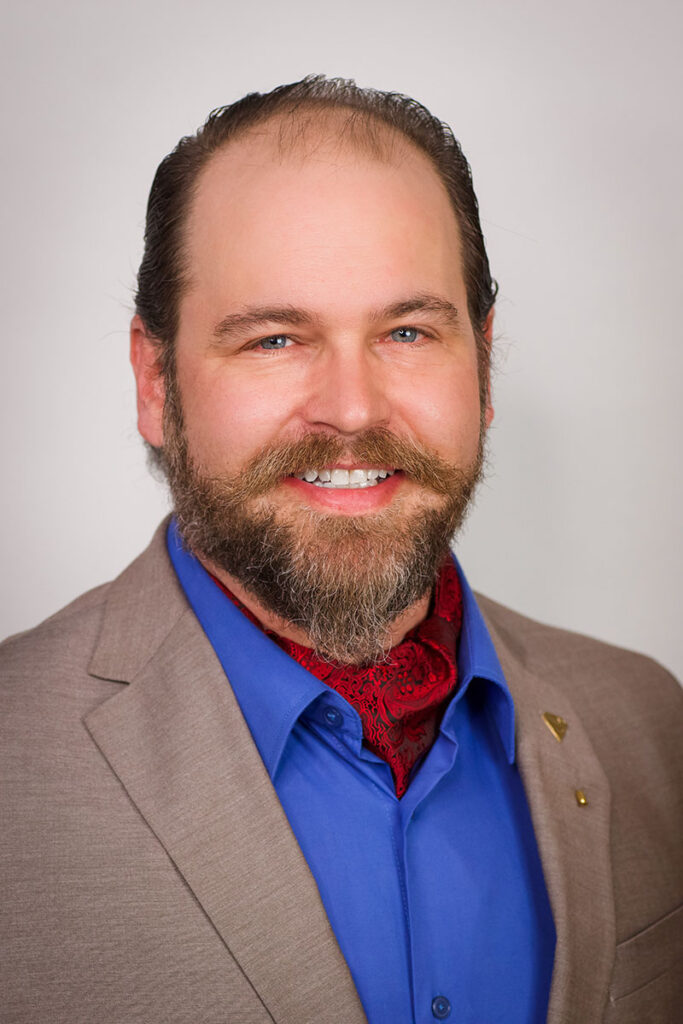
Brad is a Humanist Celebrant working in of Muncie, Indiana. He offers individuals the opportunity to delve into humanism through discussions and by setting an example. Raised with the ethos of leaving a place better than he found it, Brad contributes back to his community through volunteer work. When conversations inevitably turn to religion, he presents his perspective of volunteering for reasons beyond religious obligations.
Additionally, Brad provides a secular alternative to services traditionally performed by religious clergy, including weddings, funerals, ceremonies, consultations and more.
Brad is committed to studying, listening, absorbing, and offering help where he can, embodying the characteristics he wants people to associate with humanism–honesty, dependability, care, and thoughtfulness. He welcomes both private and public discussions to explore the principles of humanism and maintains a blog where he occasionally discusses topics from a humanist perspective.
Brad is in the initial stages of establishing a group for humanists in his region, East Central Indiana. While still figuring out how to organize a multi-community group, he recognizes that due to the limited number of humanists or atheists, there may not be enough individuals to form community-based humanist groups.
Why Brad is a Humanist Celebrant
I have been an atheist most of my life (all of my adult life) and have become more active in my community–trying to live the humanist lifestyle. There aren’t a lot of options in my area for atheists or secular folks to have traditional ceremonies. So I decided to officially represent humanism and promote its values to my community. The easiest way to establish that was to become a Celebrant and provide legal marriages to folks who (at the time) were being denied such (c2015).
Brad King
Humanist Celebrant
Muncie, IN
If you would like to keep up with what Brad is doing, his blog is a great place to start.
Frank Chappell, Humanist Celebrant – Pittsburgh, PA
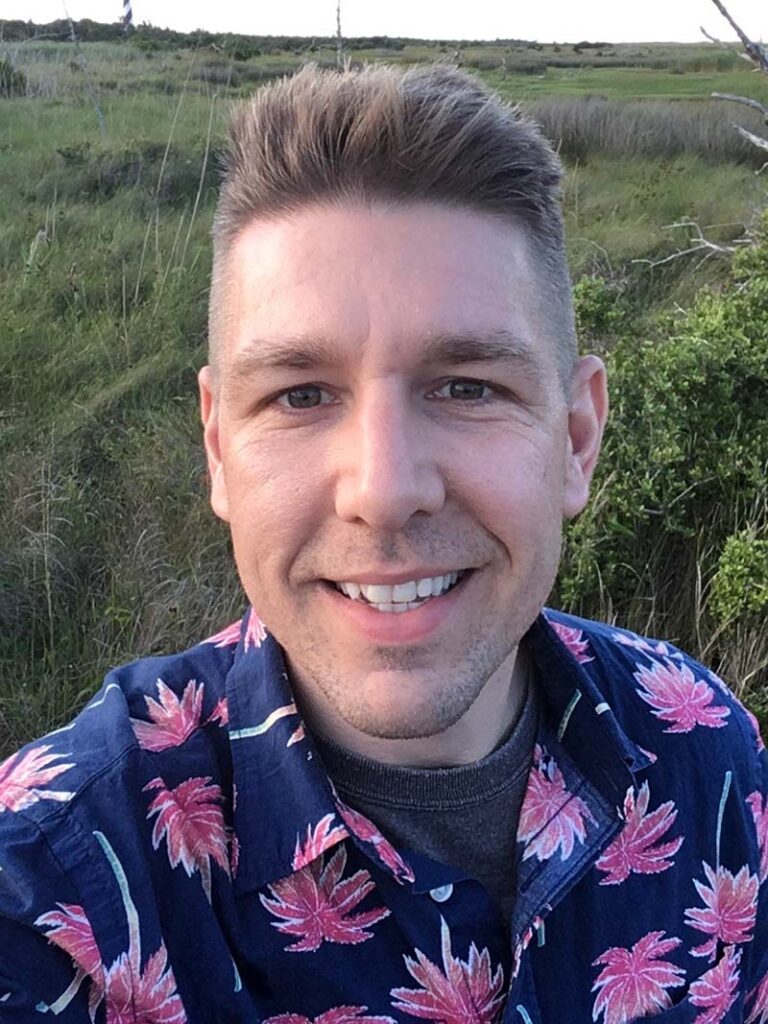
Frank is a Humanist Celebrant and Chaplain operating out of Pittsburgh, Pennsylvania. Throughout his career, Frank has primarily focused on weddings. However, he is eager to participate in a broader array of celebrations in the future.
Frank takes on multiple roles, striving to harmonize them into a nourishing and reflective interior life. His roles include being a professor, counselor, member of the U.S. Air Force, property owner, husband, and father.
A notable accomplishment is Frank’s involvement with the Pittsburgh VA Hospital as a Chaplain. Very few Humanist Chaplains have been welcomed into any branch or associated organization of the U.S. Military. This is a big step forward for Humanism in the United States.
In order to make sure he’s bringing his best to the service roles he takes on, Frank continually engages in research, reading, and dialogue with students, clients, and family about his role as a Humanist Celebrant and Chaplain. By immersing himself in both the literature and culture of Humanism, Frank continually acquires new insights and clarity to better serve those seeking his services.
Beyond his academic background in Anthropology and Religious Studies, Frank believes his most significant skills lie in his capacity to be a resource and active listener for those in need. He harbors a deep care for those who approach him as a guide on what he terms their “Doubt Journey.”
The process of questioning long-established religious beliefs and worldviews can often be daunting, isolating, and disheartening. If he can offer his full presence and empathy to someone in crisis, Frank feels he has accomplished something significant in his life. Through these efforts, and in his role as a Celebrant, Frank hopes to leave a positive imprint on his community.
Why Frank is a Humanist Celebrant
I decided to become a Humanist Celebrant and Chaplain in order to provide service, support, counsel, and joy to the lives of my fellow “Nones” and religiously non-affiliated Humanists wishing to celebrate life’s most important transitions with their loved ones. Secular rituals and ceremonies tap into what make us human just as much as those claimed by religious persons and indeed, stem from the same psycho-social sources. It is important to me to help those seeking access to non-religious counseling and ceremony with dignity, acceptance, and compassion.
Frank Chappell
Humanist Celebrant and Chaplain
Pittsburgh, PA
Kathy Diedrich, Humanist Celebrant – Rochester, MN
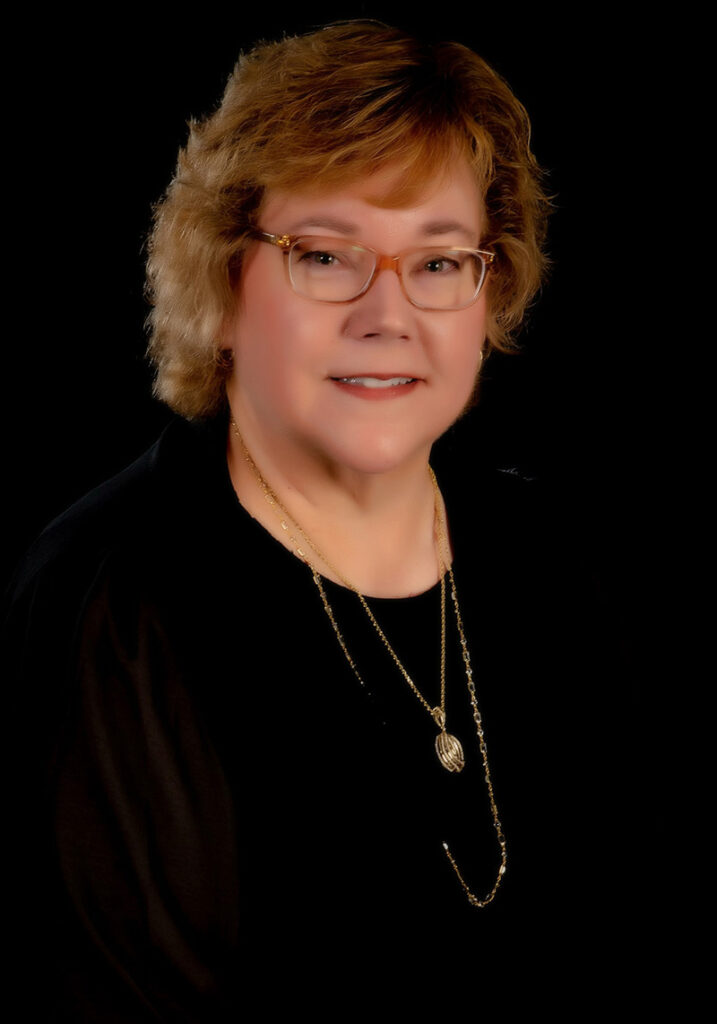
Kathy is a Humanist Celebrant based out of Rochester, Minnesota. She designs and delivers humanist/secular ceremonies spanning all stages of life, also known as “cradle to grave ceremonies”. These include working with families to welcome a new child, marrying couples, and assisting families in paying tribute to a deceased loved one. Beyond these three major types of ceremonies, Kathy also provides transgender naming ceremonies, divorce ceremonies, wise woman ceremonies, and milestone birthday celebrations.
Kathy is a certified Humanist Celebrant who utilizes resources from the American Humanist Association, including newsletters, magazines, and online educational opportunities. She actively engages with the online Facebook community of Humanist Celebrants and stays updated through articles related to various ceremonies. Additionally, she holds multiple certifications from the Celebrant Foundation & Institute.
Kathy not only serves on the Board of The Humanist Society, reviewing applications for Humanist Celebrants and Chaplains, but she also leads in-person training sessions for Humanist Celebrants. She firmly believes in the universality of life’s milestone moments and strives to provide meaningful, personal, authentic, secular celebrations.
Understanding the difficulty in finding ceremony professionals without religious bias, especially among younger individuals disengaged from organized religion, Kathy fills this void in southeastern Minnesota. Her role as a Humanist Celebrant enables her to bridge the gap in situations where family members hold varying religious beliefs. She crafts ceremonies that celebrate milestones while acknowledging shared values.
In memorial services, Kathy emphasizes shared values, mutual support, and collective grief, accommodating diverse worldviews. She realizes the importance of inclusivity at memorials, a key aspect of a Humanist Celebrant’s role.
Why Kathy is a Humanist Celebrant
As I prepared to celebrate a milestone anniversary I discovered that there was no secular ceremony option available in my area. This was back in 2009. Pew Research was publishing information on the growing number of non-religious people in the country, and I realized the need for secular ceremonies of all kinds was only going to grow.
Kathy Diedrich
Senior Humanist Celebrant
Rochester, MN
To learn more about Kathy’s practice and follow her work, check out her website.
Series Conclusion: An Introduction to Humanism
In this series we have covered what humanism is, what it means to be a humanist, how to find and join a local humanist community, as well as explaining the two types of secular clergy who serve these communities. If you’ve read this far I’d like to thank you for coming on this journey with me. I hope you take a moment to introduce yourself in the comments section or via my contact form. I’d also welcome requests for specific blog post topics related to humanism!
If you’d like to keep up with new humanist content as I create it, please join my humanism newsletter below. Future series will include An Exploration of Humanist Ceremony and Building Humanist Community.


0 Comments